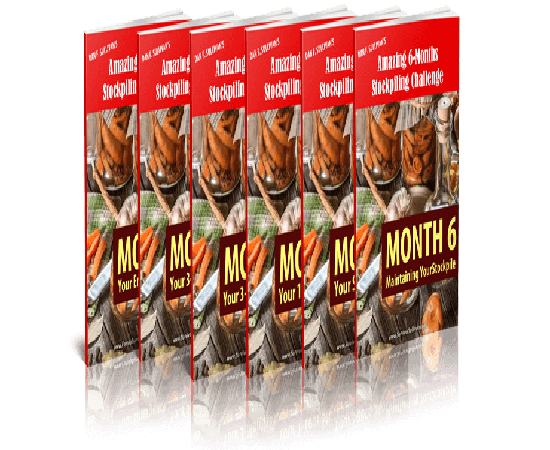Food Stockpiling: Ensuring Food Security for Your Family
Introduction
In today’s unpredictable world, being prepared for emergencies is essential. One way to ensure the well-being
of your family during challenging times is through food stockpiling. It involves storing a supply of essential
food items to sustain your household in case of crises such as natural disasters, economic instability, or
unexpected events. The concept of food stockpiling has gained popularity due to its practicality and the sense of
security it provides.
Benefits of Food Stockpiling
Food stockpiling offers numerous benefits, including:
- Security: Having a well-stocked pantry ensures that your family won’t go hungry during unforeseen
circumstances. - Cost-effectiveness: Buying in bulk and on sale can help you save money in the long run.
- Convenience: Avoiding last-minute grocery trips during emergencies saves time and reduces stress.
- Self-sufficiency: Being able to rely on your own resources promotes independence and resilience.
FAQs about Food Stockpiling
1. How do I start food stockpiling?
To start food stockpiling, make a list of essential items your family consumes regularly. Store non-perishable
items with long shelf lives such as canned goods, grains, and dried beans. Rotate your stock to ensure items
don’t expire.
2. How much food should I stockpile?
The amount of food to stockpile varies based on your household size and preferences. Experts recommend having
at least a two-week supply of non-perishable items, but some people opt for a three-month or even year-long
stockpile.
3. What are the best food items to stockpile?
When building your stockpile, consider food items that are nutrient-dense, versatile, and have long shelf lives.
Examples include rice, pasta, canned vegetables, dried fruits, nuts, and protein sources like canned fish or
beans.
4. How can I ensure my stockpile stays fresh?
Proper storage is essential to maintain the freshness of your stockpile. Keep items in a cool, dry place away
from sunlight. Use airtight containers for dry goods and rotate items to prevent spoilage.
5. Is food stockpiling only for extreme scenarios?
While food stockpiling is commonly associated with doomsday scenarios, it can also be beneficial for more common
emergencies like power outages, job loss, or unexpected financial strains. Having a stocked pantry provides
peace of mind in various situations.
Conclusion
Food stockpiling is a practical and proactive way to ensure the well-being of your family during uncertainties.
By creating a well-rounded stockpile of essential food items, you can boost your household’s resilience and
preparedness. Embracing the principles of food stockpiling offers not only security but also peace of mind in
challenging times. Take the first step towards securing your family’s future by exploring the world of food
stockpiling today!



